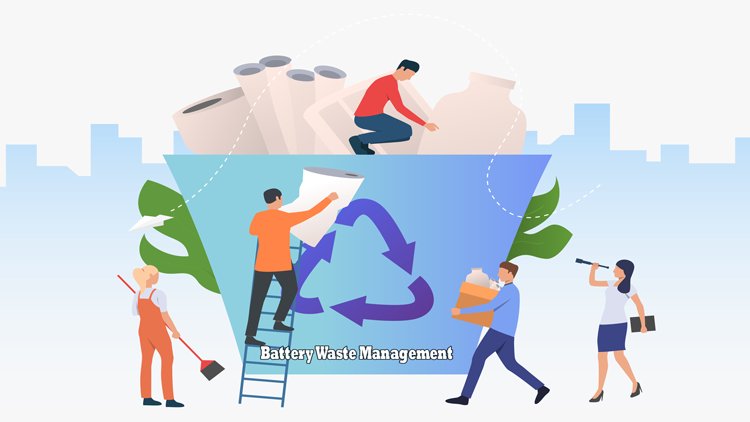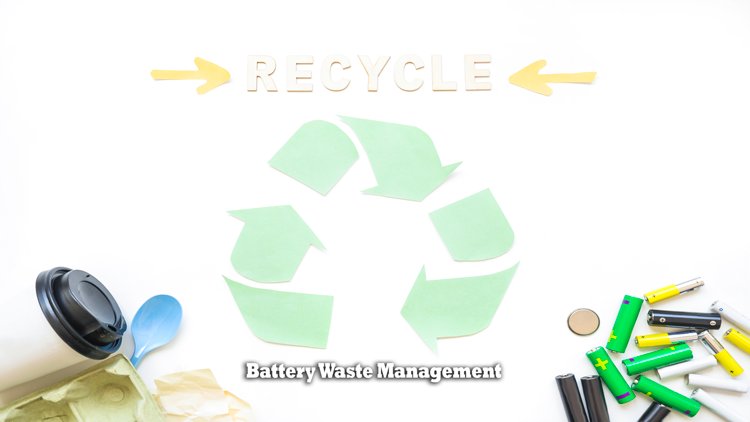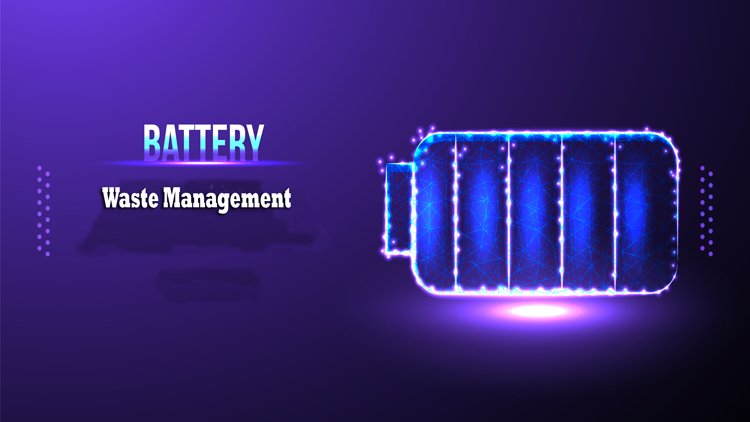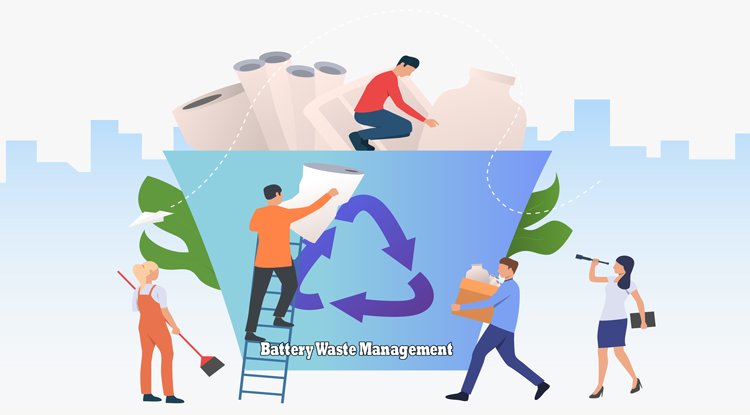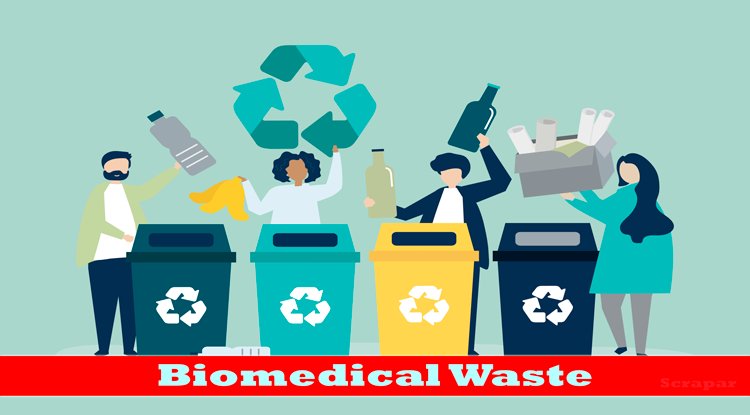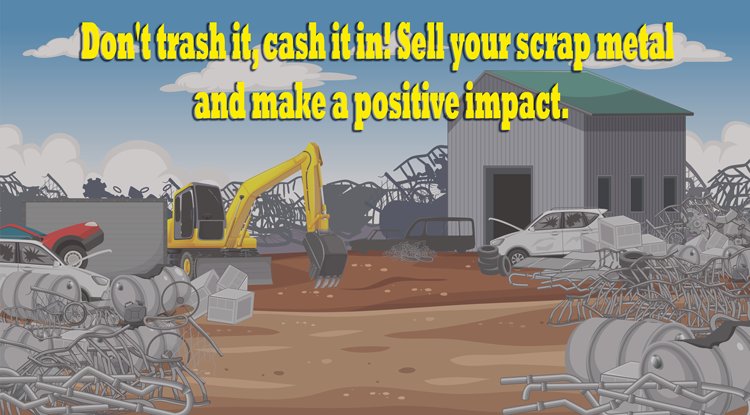Unplugging the Hidden Dangers Exploring the Menace of Battery Waste
Batteries are ubiquitous in our modern lives, powering everything from our smartphones to electric vehicles. While they provide convenience and mobility, their disposal at the end of their lifespan presents a significant environmental challenge: battery waste. Understanding the environmental impact of battery waste is crucial for addressing this growing concern.
In our fast-paced, modern lives, batteries are the silent heroes that power our devices, from smartphones to electric vehicles, keeping us connected and mobile. Yet, behind the convenience lies a growing concern that often goes unnoticed: battery waste. This unassuming byproduct of our digital age poses significant environmental, health, and economic challenges, warranting urgent attention and proactive solutions.
The Environmental Toll
Batteries, despite their small size, pack a potent punch of toxic chemicals, including lead, cadmium, mercury, and lithium. When improperly disposed of, these chemicals can leach into the soil and water, wreaking havoc on ecosystems and posing risks to human health. The contamination not only degrades soil fertility and water quality but also accumulates in the food chain, potentially leading to long-term health complications.
Furthermore, the improper disposal of batteries contributes to the mounting problem of electronic waste (e-waste). With millions of tons generated annually, e-waste presents a looming environmental crisis, as valuable resources are squandered, and toxic substances pollute the environment. Addressing battery waste is therefore crucial for mitigating the broader impacts of e-waste on our planet.
The Economic Implications
Beyond its environmental repercussions, battery waste carries significant economic consequences. Valuable materials like lithium, cobalt, and nickel, essential for manufacturing new batteries, are lost when batteries are not recycled. As these materials become scarcer and more expensive to extract, the economic viability of battery production is threatened. Moreover, the costs associated with cleaning up environmental contamination caused by battery waste further strain economies.
Finding Sustainable Solutions
Fortunately, mitigating battery waste is not an insurmountable challenge. It requires a multifaceted approach that combines regulation, innovation, and consumer awareness.
Governments play a crucial role in implementing policies and regulations that promote responsible battery disposal and incentivize recycling. By imposing stringent waste management regulations and providing financial incentives for recycling, governments can create a conducive environment for sustainable battery management practices.
Industry stakeholders also bear a responsibility to prioritize sustainability in battery production and disposal. Investing in research and development to develop greener battery technologies and implementing extended producer responsibility (EPR) schemes can help minimize the environmental footprint of batteries throughout their lifecycle.
At the consumer level, education and awareness campaigns are essential for fostering responsible behavior. Encouraging consumers to recycle their batteries through convenient collection points and raising awareness about the environmental and health impacts of improper disposal can significantly reduce battery waste.
Looking Ahead
As we navigate the complexities of the digital age, addressing the challenge of battery waste is paramount for building a more sustainable future. By adopting a holistic approach that encompasses regulation, innovation, and consumer engagement, we can minimize the environmental, health, and economic impacts of battery waste. Together, let us unplug the hidden dangers of battery waste and pave the way for a cleaner, healthier planet for generations to come.
What's Your Reaction?







